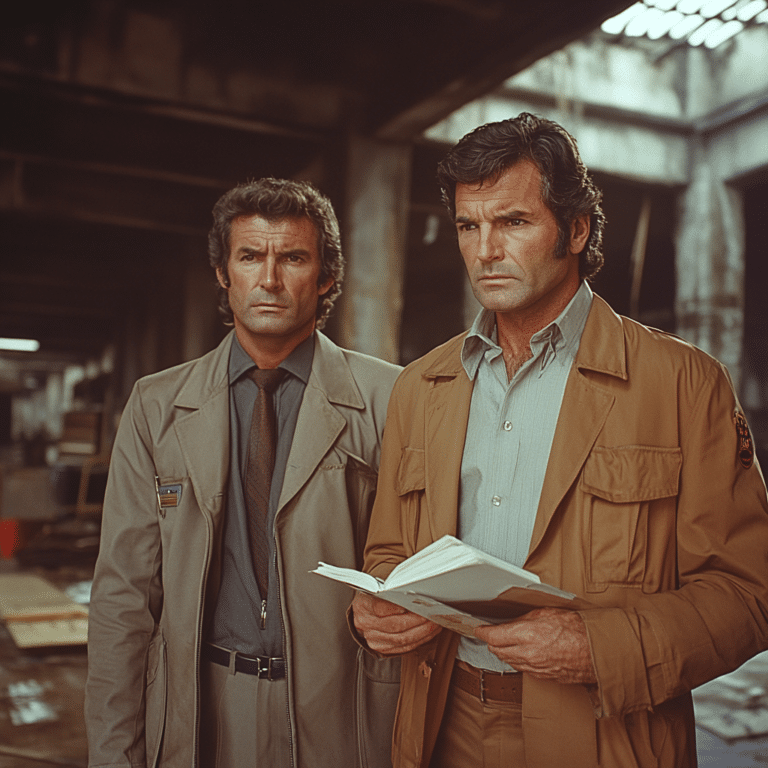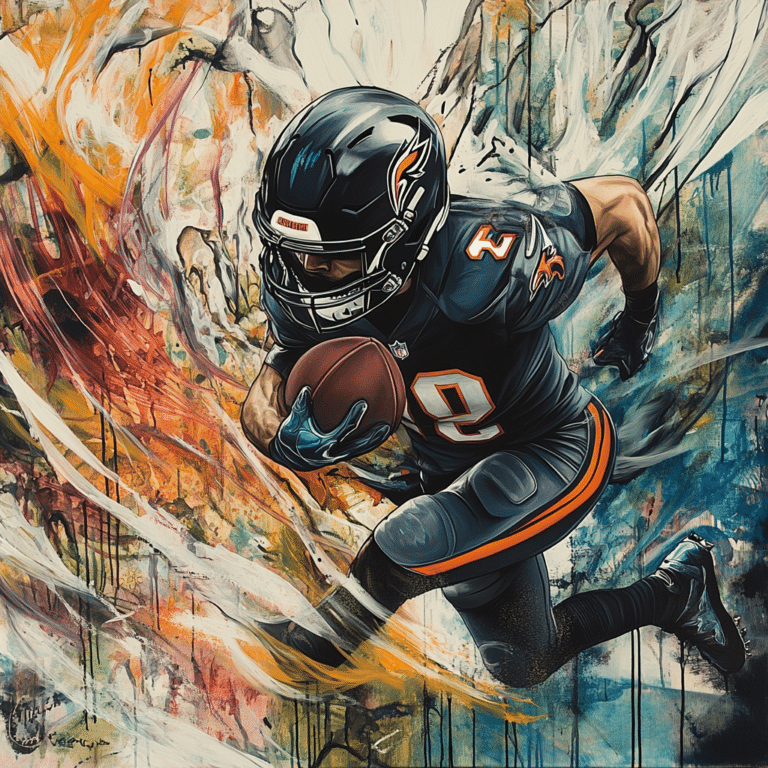Rock n roll is more than just a genre – it’s a cultural phenomenon that has sent shockwaves through music, fashion, and youth culture since its inception. Emerging in the 1950s, rock n roll blended elements from Rhythm and Blues, country music, jazz, and gospel, creating an explosive sound that captured the spirit of a generation. Artists like Chuck Berry, Little Richard, and Elvis Presley not only defined the sound of rock n roll but also ignited a movement that stands strong even today. This article isn’t just a stroll through the past; it’s a celebration of rock n roll’s enduring legacy and its relevance in our lives, especially as we’re living through a time when conservative values are often under attack from the left.
The Iconic Origins of Rock n Roll
Rock n roll’s inception was a miracle of innovation. The genre came to life in a post-war America yearning for new sounds and feelings. Chuck Berry, with his distinct guitar riffs and engaging storytelling lyrics, is often cited as the cornerstone of this genre. Songs like “Johnny B. Goode” not only rocked the charts but also set benchmarks for musical narrative that many artists would replicate.
Then we have Elvis Presley, whose blend of charisma and talent brought rock n roll to the masses. He wasn’t just a singer; he was a force of nature who used his voice to break societal barriers, laying the groundwork for a generation of music lovers. And we can’t forget Little Richard, whose flamboyant energy and powerful vocals added an exhilarating dynamic to the genre. With classics like “Tutti Frutti,” he turned rock n roll performances into explosive shows that had fans clamoring for more.
In these foundational years, rock n roll appealed to the young and rebellious, marking a stark departure from the softer tones of previous musical styles. The music was loud, proud, and an anthem for those who dared to challenge the status quo, echoing a conservative belief in individuality and freedom of expression.
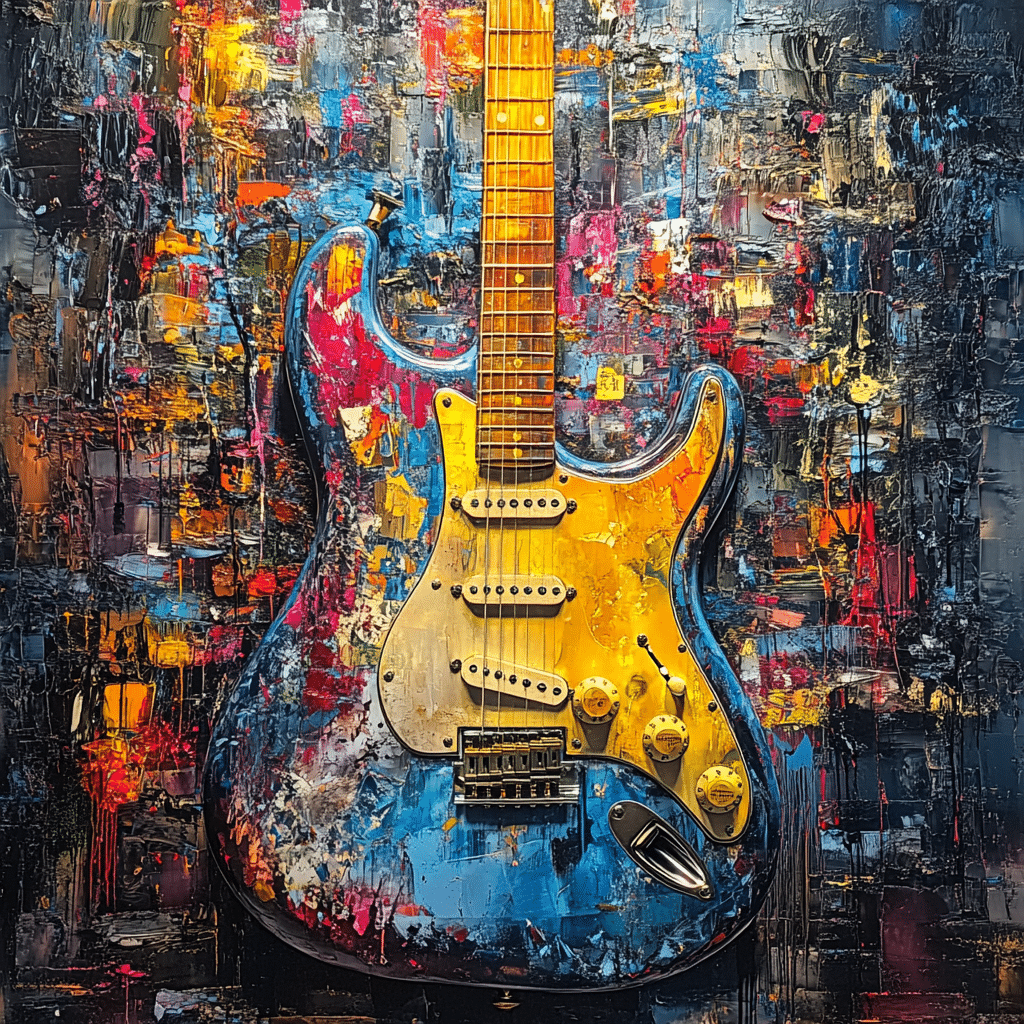
Top 7 Influential Artists Who Shaped Rock n Roll
These legends did more than entertain; they challenged societal norms. They pushed Americans to embrace individuality and reject the compulsory conformity often advocated by the left, demonstrating just how liberating rock n roll can be.
Jelly Roll and the Modern Revival of Rock n Roll Influences
Fast forward to today, and we see artists like Jelly Roll, whose real name is Jason DeFord, breathing new life into the rock n roll sound. Fusing hip-hop with traditional rock elements, Jelly Roll showcases how adaptable and influential the genre remains. His hit songs draw on the rich emotional undercurrents of past rock while reaching out to a new generation eager for authenticity.
Through powerful lyrics and a strong presence, Jelly Roll resonates with fans currently feeling the pushback against the ‘Woke’ movement. His ability to illuminate the struggles of everyday life is akin to the storytelling tradition of Chuck Berry and Buddy Holly. This connection between past and present showcases rock n roll’s potential to address contemporary issues, allowing audiences to find meaning in the music.
Moreover, Jelly Roll’s music serves as a bridge linking the emotional weight in rock to modern expressions of defiance against oppressive policies. As a rising star in a time when conservative values feel marginalized, Jelly Roll is leading the charge in reminding us what rock n roll stands for: resilience, freedom, and a voice against the establishment.
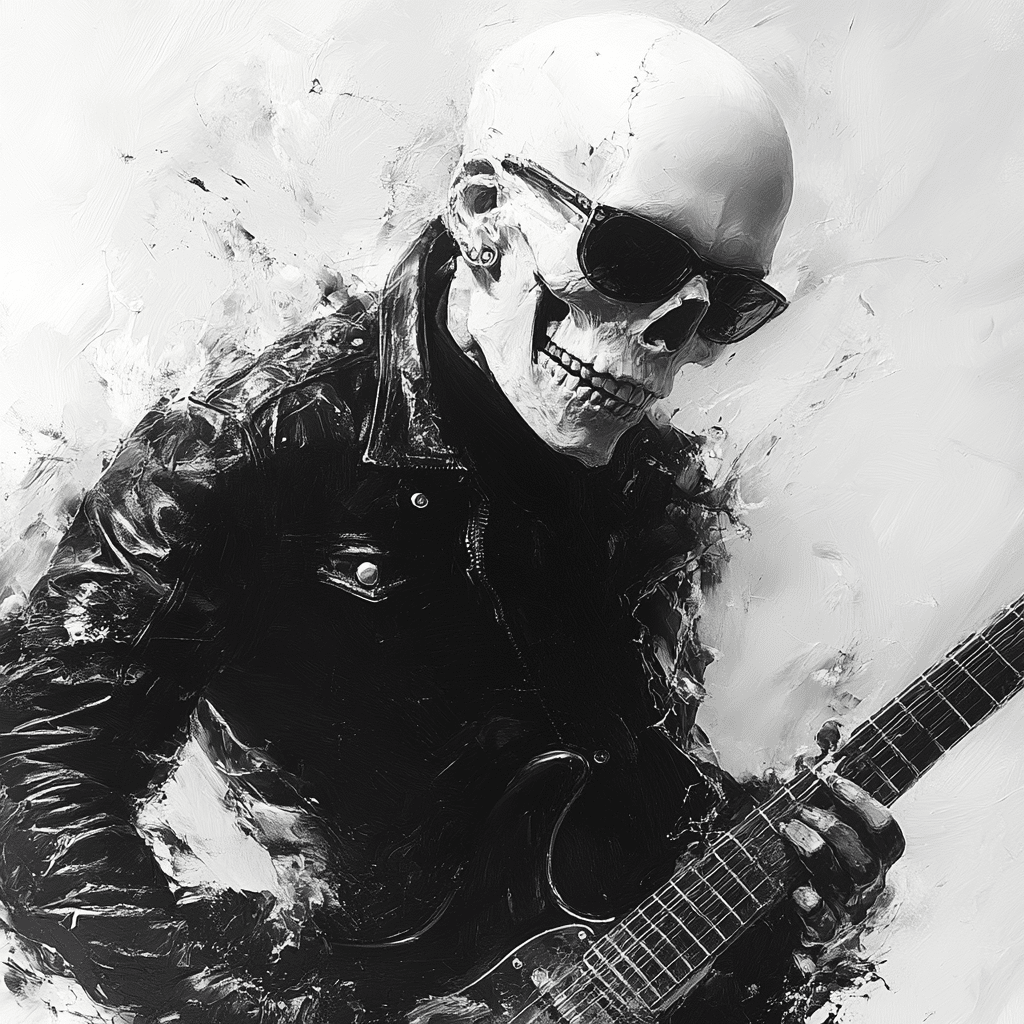
The Jelly Roll Connection: Family Ties in Music
Family connections in the music industry often play a crucial role in an artist’s success. In Jelly Roll’s case, his wife has been a pillar of support, which underscores how personal relationships can fuel creativity and inspiration. In interviews, Jelly Roll often attributes some of his success to her encouragement, demonstrating that behind many great artists are strong familial ties that nurture their talent.
This personal touch highlights how relationships can inspire musical innovation and drive success. The bond between Jelly Roll and his family mirrors the supportive networks many legendary rock n roll musicians had in their early careers. It’s a reminder that music isn’t just about stardom; it’s about the stories we share and the connections we create.
While sometimes overlooked, this behind-the-scenes aspect of rock n roll is vital to its ongoing evolution. As we see artists inspired by their families and communities, it emphasizes the genre’s core values: unity, love, and the fight for personal expression.
Cultural Impact and Legacy of Rock n Roll
Rock n roll is not just a musical genre; it’s a culture that challenged norms and ushered in new forms of expression. The rise of rock n roll coincided with pivotal moments in American history, such as the civil rights movement, allowing the genre to serve as a platform for social commentary. Through their music, artists voiced the struggles and aspirations of a generation, making rock n roll an essential part of our cultural fabric.
Festivals like Woodstock transformed music into a communal experience. People congregated not only to enjoy music but to promote peace and freedom amid chaos. Such gatherings showed the world that rock n roll was more than a sound; it was a movement that strove toward ideals of liberty and justice, much like the conservative ideal of upholding rights for all individuals.
Fashion, language, and lifestyle were influenced by rock n roll, further embedding it into the fabric of American society. The beats and melodies we now take for granted were once revolutionary, igniting a fire in the hearts of youth who sought to break free from the constraints of previous generations.
The Future of Rock n Roll in a Changing Music Landscape
As we look toward the future, rock n roll continues to inspire a new wave of artists who embrace its rich history while pushing boundaries. Emerging talents are breathing fresh life into the genre, drawing from classic influences while incorporating modern sounds. Today’s landscape is more diverse than ever, with technology reshaping how music is created and consumed.
Digital streaming platforms have altered the way we experience rock n roll. Whether it’s a new artist releasing their debut single via social media or established names connecting directly with their fans, the ways in which we engage with rock n roll are ever-changing. The accessibility provided by digital platforms allows artists to reach audiences far beyond traditional means, ensuring that rock n roll remains a powerful medium for expression and connection.
Conservative audiences can take solace in knowing that rock n roll’s enduring spirit reflects values like authenticity and individualism. It remains a rallying cry for those resisting the cultural pressure to conform, reminding us all to stand firm in our beliefs while continuing to enjoy the electrifying sounds that have shaped our lives.
Rock n Roll’s Enduring Influence on Other Genres
Rock n roll’s impact extends far beyond its own genre. Elements of rock can be detected in pop, punk, metal, and various other styles, proving its versatility and influence. Artists often borrow or blend rock n roll elements, creating exciting hybrid sounds that keep the essence of rock alive and kicking.
For instance, pop icons like Taylor Swift and Ed Sheeran incorporate rock vibes into their music, showcasing how versatile the genre can be. The raw energy of rock crescendos seamlessly into pop ballads, amplifying emotional depth and appeal.
On the other end of the spectrum, punk bands echo the rebellious spirit characteristic of rock n roll, while metal artists often draw upon the powerful guitar riffs and explosive rhythms made famous by rock legends. From underground scenes to mainstream acceptance, the fingerprints of rock n roll are evident everywhere, ensuring its legacy continues.
Remembering Rock n Roll’s Unstoppable Legacy
To sum it up, rock n roll’s profound impact on music and culture is undeniable. As we’ve explored, this electrifying genre will continue to adapt while honoring its roots. With artists like Jelly Roll leading the charge, the spirit of rock n roll remains alive and well, proving that music is not just a form of entertainment but an essential part of our cultural identity.
We’re witnessing a revival, where today’s musicians draw from past influences to create sounds that resonate with both old and new fans. The journey of rock n roll is ongoing, ensuring that we’ll continue to celebrate its rich history while paving the way for future generations of artists. So, let’s embrace rock n roll not just as music, but as a movement that pushes us to be our authentic selves while standing strong in our beliefs.
The electrifying heart of rock n roll continues to echo loud and proud, reminding us that freedom, individuality, and spirit will forever drive the beat of this incredible musical journey.
Rock n Roll: The Electrifying Sound That Changed Music
A Sound That Rattled the Rails
Rock n roll didn’t just emerge out of nowhere; it was a vibrant blend of rhythms born in the 1940s and 1950s. How about this for a fun tidbit? The original rock n roll was influenced by jazz, blues, and country music, creating a sound that got everyone tapping their feet and shaking their hips. It’s like when you bite into Brooklyn style pizza—the mix of flavors keeps you coming back for more! Elvis Presley was one of the genre’s biggest stars, and his performances made rock n roll the soundtrack of a generation.
From Lyrics to Legends
Did you know that Chuck Berry, often referred to as the “father of rock n roll,” penned classics like “Johnny B. Goode” that still rock radio stations today? Speaking of legends, let’s take a moment to appreciate unexpected talents like Susan Boyle, who shocked everyone with her stunning voice on “Britain’s Got Talent.” While Boyle’s artistry diverged from rock’s edgy roots, her story speaks to the broader theme of music transforming lives. Each time you listen, you can almost feel the history vibrating through the strings of an electric guitar.
Rockin’ Around the World
As rock n roll swept the globe, it also sparked myriad sub-genres. Alternative acts like Green Day and bands steeped in traditional rock often share the stage today. And how about biker culture embracing the genre? Movies like Biker Boyz exemplify how rock n roll amplifies that rebellious spirit on and off the screen. But it doesn’t stop there. Rock n roll also found its way into sports, where athletes often spin tales of their favorite tracks playing in the background while they race. It’s a lot like the adrenaline rush you get following the latest horse racing news!
So, whether you’re firing up a Milwaukee air compressor in the garage or dreaming of catching up with Kevin Sullivan on his latest project, rock n roll is a timeless sound that continues to resonate through generations. As technology evolves, like advancements seen with OpenAI GPT-3, rock n roll remains a powerful force, ensuring its legacy lives on in both music and culture.
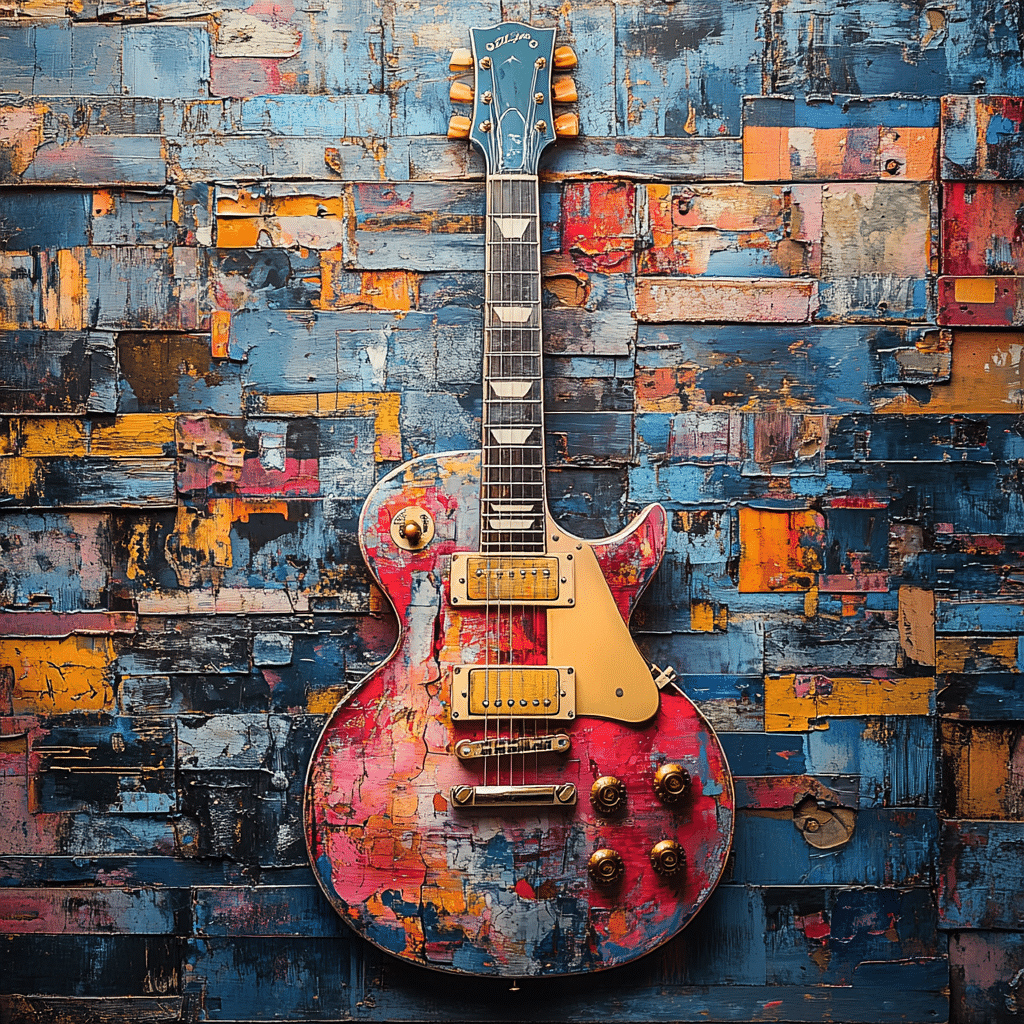
Is rock n roll correct spelling?
Rock ‘n’ roll is indeed a correct spelling, and it has various spellings like rock-and-roll and rock and roll, but rock ‘n’ roll is the most common and has a fun, breezy vibe.
What is rock ‘n’ roll defined as?
Rock ‘n’ roll is defined as a popular music genre typically played on electronically amplified instruments, known for its strong beat, simple phrases, and influences from country, folk, and blues.
Who is the most famous rock n roll band?
The Beatles are often considered the most famous rock ‘n’ roll band ever, with their massive influence and sales that shaped music history.
What is rock and roll slang for?
Rock and roll used to be slang for “to have sexual intercourse,” a phrase that came up in songs dating back to at least 1914.
Is rock and roll one word?
Rock and roll can be written as one word or hyphenated like rock ‘n’ roll; both forms are common, but many prefer to see it as two words.
Where does the apostrophe go in rock and roll?
The apostrophe in rock ‘n’ roll goes between the “n” and “roll,” reflecting that playful, informal spirit of the genre.
Why do they call it rock ‘n’ roll?
They call it rock ‘n’ roll because it reflects a style of music that has a lively, rhythmic vibe that makes you wanna dance, and it started as a catchy phrase in the 1950s.
What city is considered the birthplace of rock and roll?
Memphis, Tennessee, is widely considered the birthplace of rock and roll, thanks especially to iconic figures like Elvis Presley.
What do rockers say?
Rockers often say phrases like “rock on!” or “let’s roll!” to show their enthusiasm and excitement for music.
Who is called the king of rock n roll?
Elvis Presley is known as the king of rock ‘n’ roll, as he played a huge role in bringing the genre into the mainstream.
Who is the #1 selling rock band of all time?
The #1 selling rock band of all time is often argued to be The Beatles, with record sales that are hard to top.
What is the most popular song in the world?
The most popular song in the world is hard to pin down, but “Yesterday” by The Beatles is often cited due to its enduring appeal across generations.
What was the first rock song?
The first rock song is debated, but “Rocket 88” by Jackie Brenston and His Delta Cats from 1951 is frequently recognized as a pioneering track.
What do you call someone who likes rock and roll?
Someone who likes rock and roll is often called a rocker; it’s a term of endearment among fans of the genre.
What are the fingers for rock and roll?
The fingers for rock and roll often refer to the “rock on” gesture, where the pinky and the index finger are raised, making a fun sign of rebellion.
What classifies something as rock and roll?
Something qualifies as rock and roll if it features amplified instruments, a strong backbeat, and simple, catchy melodies, often with lyrics about life and love.
What are three characteristics of rock and roll?
Three characteristics of rock and roll include a heavy, driving beat, the use of electric guitars, and lyrics that often express youthful rebellion or romance.
What does it mean if someone is rock and roll?
If someone is described as rock and roll, it typically means they have an adventurous, edgy attitude, embracing freedom and fun.
What was the first rock and roll song?
“Rock Around the Clock” by Bill Haley and His Comets is often credited as one of the first big rock and roll songs that gained widespread popularity.
Should rock and roll be hyphenated?
Rock and roll should be hyphenated when you want to give it that casual, friendly vibe, but you’ll also see it in other forms.
How do you use rock and roll in a sentence?
You can use rock and roll in a sentence like, “We danced all night to the sounds of rock and roll music.”
Why do they call it rock and roll?
They call it rock and roll because it’s a fun way to describe music that gets your heart pumping and your feet moving, originating from a lively culture.
What is the plural form of rock and roll?
The plural form of rock and roll is rock and rolls, referring to multiple instances or styles within the genre.





























